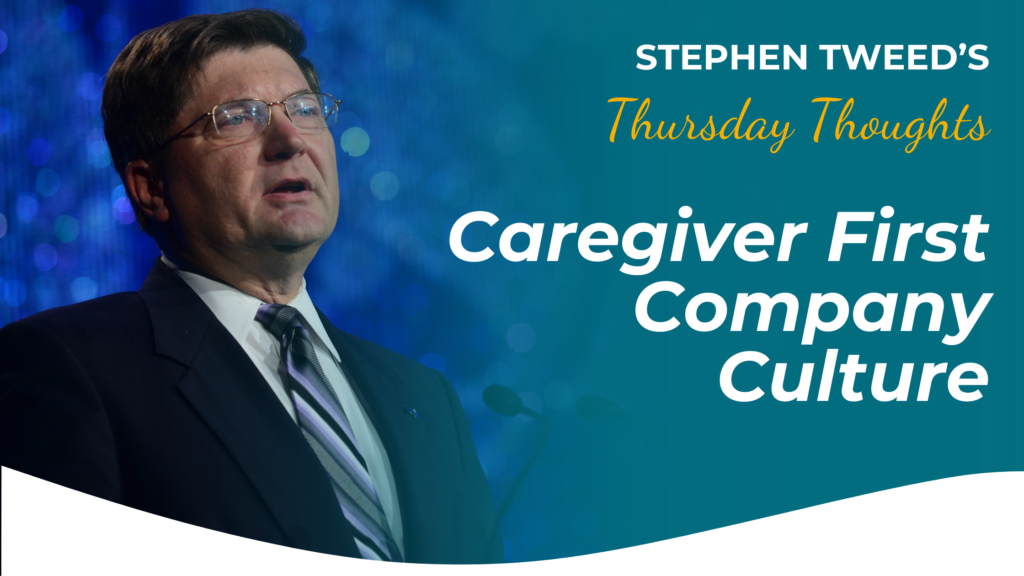We recently had a great question on the Private Duty Marketing discussion group on LinkedIn that asked:
“How do other home care services deal with Social Media and their employees?”
This generated some great discussion and caused us to explore this issue more closely. What is your policy regarding employees use of social media? How will you handle it if an employee posts something on a blog, Facebook, or LinkedIn that has a negative impact on your company?
In exploring this issue, we came across a number of samples of company policies regarding use of social media. Here is a compilation of points that various companies use in their policy. Take a look. Then let us know what you think. You can also join in this conversation in the Private Duty Marketing discussion group.
- When posting your point of view, you should neither claim nor imply you are speaking on Cisco’s behalf, unless you are authorized in writing by your manager to do so. If you identify yourself as a Cisco employee on any Internet posting, refer to the work done by Cisco or provide a link on a Cisco website, you are required to include the following disclaimer in a reasonably prominent place: “the views expressed on this post are mine and do not necessarily reflect the views of Cisco.”
- Use a disclaimer. When Apple wishes to communicate publicly as a company it has well established means to do so. Only those individuals officially designated by Apple have the authority to speak on behalf of the company. If you identify yourself as an Apple employee, however, people may confuse your opinions with those of the company. In order to avoid this problem you must make clear that you are writing for yourself and on your own behalf, and not for Apple. At a minimum, we strongly recommend that you include a disclaimer similar to the following: “the postings on this site are my own and do not represent Apple’s opinions or positions.”
-
Basically, if you find yourself wondering if you can talk about something you learned at work — don’t. Follow Best Buy’s policies and live the company’s values and philosophies. They’re there for a reason.
Just in case you are forgetful or ignore the guidelines above, here’s what could happen. You could:
Social Media lets you communicate incredibly fast and have your message go viral in seconds. This makes it difficult to fix an inaccurate message once you’ve shared it. The best thing to do is double check all content before you share it, both for accuracy and to make sure it fits into Dell’s overall Social Media strategy, our Code of Conduct and any restrictions that may apply to your content based on local law (such as the FTC Endorsement Guidelines in the US) and the platform you are using (such as terms of service for the site upon which you are sharing). One of Dell’s core values is winning with integrity, and that applies to Social Media as well. Dell employees hold ourselves to high ethical standards, as our Code of Conduct spells out, and that applies to Social Media just like everything else you do as a Dell employee.
Here’s a link to the full texts of these and other company social media policies.




